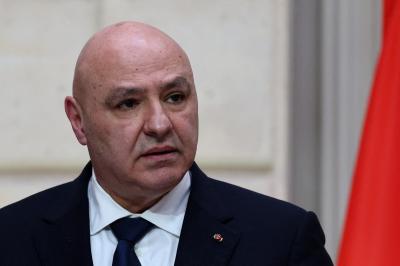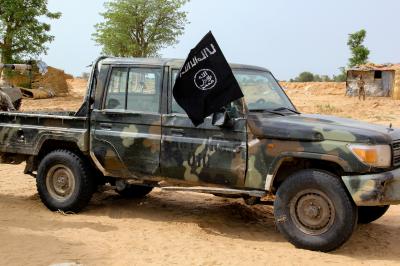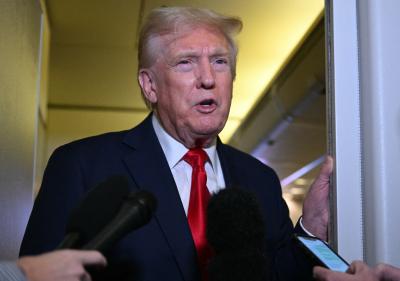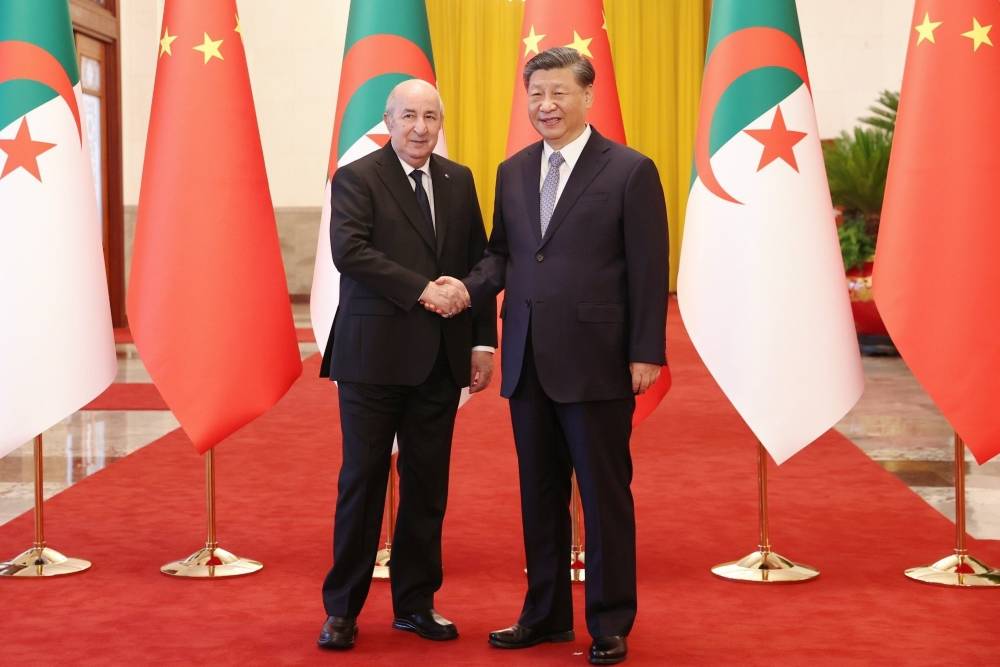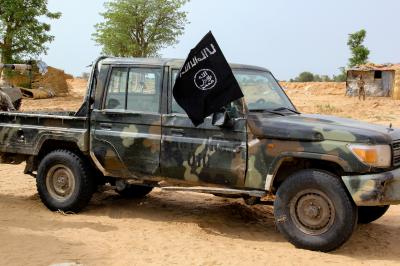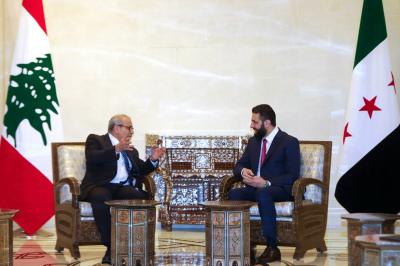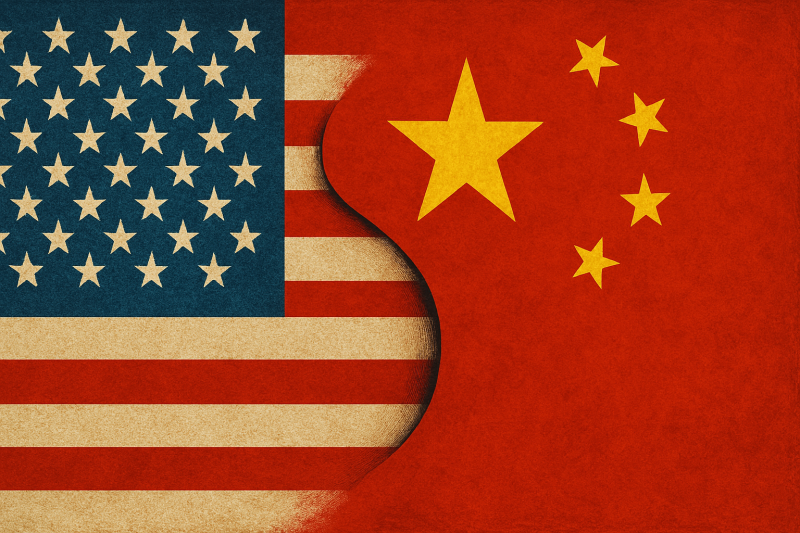Algeria is accelerating its alignment with Eastern nations, marking a significant step in its international relations. This is evidenced by Algerian President Abdelmadjid Tebboune's visit to Beijing, in parallel with his trip to Moscow, and the visit of Algeria's foreign minister to Iran. These developments have recently led to Algeria's official announcement of its intention to join the prestigious BRICS group, composed of China, Russia, India, South Africa, and Brazil.
These developments mark a significant turning point for Algeria in North and West Africa, where it is asserting its role as a key regional actor. In the face of initiatives from France to regain influence in this region, supported by the United States and Israel, Algeria is opting for a strategic large-scale approach. Its accession to the BRICS group and the strengthening of its ties with powers such as Russia, China, and even Iran, extend beyond economic considerations. Indeed, these moves aim to establish a solid partnership with Eurasian nations to strengthen Algeria's position against Western powers and Israel, who provide support to the Moroccan regime.
China-Algerian Ties: A Strategic Importance
On Monday, July 17, 2023, Algerian President Abdelmadjid Tebboune embarked on a pivotal five-day visit to Beijing, giving a new boost to the strengthening of bilateral relations and strategic cooperation between the two nations. This cooperation, initiated in 2014 and consolidated by a strategic cooperation plan unveiled in 2022, is set to extend until 2026. President Tebboune and his Chinese counterpart, Xi Jinping, have clearly expressed their desire to strengthen economic, security, military, technological, agricultural, industrial, and commercial cooperation. The two leaders also solidified their partnership in areas such as space exploration, infrastructure, petrochemicals, renewable energy, railway development, sports, investment, scientific research, justice, and social development. No less than 19 agreements were signed, covering these various sectors.
These developments underscore the undisputed return of Algeria as a major regional player in North and West Africa, in the face of France's ambitions to regain its influence in the region, with the backing of the United States and Israel. Algeria's accession to the BRICS group and the strengthening of ties with Russia, China, and even Iran go beyond economic considerations and aim to establish a strategic partnership with Eurasian powers, in order to solidify Algeria's position against Western powers and Israel, who support the Moroccan regime.
During this historic visit, the Chinese President assured his Algerian counterpart that their two nations will support each other in all circumstances, thereby expressing Beijing's enthusiasm for Algeria's membership in the Shanghai Cooperation Organisation (SCO) and the BRICS group. In a joint statement, the two presidents also emphasized their commitment to collaborating in the fight against extremist terrorist organizations on their territory, and to support countries such as Somalia and Sudan in their security efforts to establish peace and stability, posing an implicit challenge to Western influence in Sudan and the Horn of Africa.
This strengthening of strategic relations between China and Algeria will provide the latter with a unique opportunity to benefit from the support of a heavyweight group on the international stage, including the Shanghai Cooperation Organisation and the BRICS group, both aiming to counter Western hegemony in the global system. Algeria, for its part, harbors aspirations to assert itself against the historical influence of France in North and West Africa, a legacy of the colonial period, which Paris is trying to consolidate, especially since the outbreak of the Arab Spring in 2011, which led to the downfall of the Tunisian and Libyan regimes at the time.
Algeria: A Key Player in China-African Strategic Relations
Situated on the coasts of the Western Mediterranean, in the Northwest region of Africa, Algeria plays a major role on the regional stage due to its abundant resources. This privileged geographic location offers Beijing a gateway to the Western Mediterranean, an opening to West Africa, and access to the heart of the black continent, south of the Sahara and south of the equator. It's crucial to note that Africa has become the main arena of competition between two coalitions: on one side, the Western coalition represented by NATO member countries, led by the United States, and on the other side, the Eurasian coalition led by China and Russia. The African continent, rich in natural resources and raw materials, offers a promising market, thus sparking a rivalry between the two coalitions to expand their influence. In this context, Algeria holds a crucial strategic position as a powerful ally for Russia and China at the heart of the African continent.
Strong Military and Economic Ties Between China and Algeria
Relations between China and Algeria are marked by close military cooperation, including arms sales, joint military training programs, and military exercises. China plays an essential role as a major supplier of military equipment for Algeria, bolstering its defense capabilities for decades with the provision of aircraft, armored vehicles, artillery, and individual weapons. Concurrently, China offers training programs for Algerian military personnel, focused on counter-terrorism, peacekeeping operations, and military tactics, in order to improve the combat skills of the country's armed forces.
Beyond this military cooperation, economic ties between China and Algeria are particularly strong. China is among Algeria's main trading partners and represents a major investor in the country. Over the past decades, numerous agreements have been concluded between the two nations. The volume of trade between China and Algeria has reached nearly $10 billion in recent years. Algerian exports to China amount to about $7.8 billion, mainly composed of oil, petroleum products, and gas, as well as other raw materials. In return, Chinese exports to Algeria reach around $2 billion, including electronic equipment, machinery, textiles, and manufactured products.
Chinese investments in Algeria are valued at around $9 billion, encompassing the development of infrastructure such as highways, ports, railways, and housing. These investments also include support for the development of Sonatrach, the Algerian national oil company, as well as initiatives in the fields of renewable energy, the construction sector, and public works, notably for the expansion of Algiers International Airport. Moreover, these investments cover cooperation in sectors such as agriculture, communications, mining, technology, and the pharmaceutical industry.
Conclusion
The rise of Sino-Algerian relations raises concerns among several powers, notably the United States at the forefront. For Washington, these ties bolster the position of China and Eurasian powers in Africa, challenging traditional Western influence, at the heart of its efforts to maintain global dominance. France is also not enthusiastic about this development in Sino-Algerian relations, as it increases Algeria's ability to challenge historic French influence in North and West Africa, despite a significant decline in ties between Paris and Algiers in recent decades. Israel is also among the most concerned countries, considering Algeria a historical enemy due to its unwavering support for the Palestinian cause and its refusal to normalize relations with Tel Aviv. Lastly, Morocco is impacted by the strengthening of Sino-Algerian ties, as well as by the bolstering of Algeria's power, within the framework of the traditional competition between the two countries in Northwest Africa, and the issue of Western Sahara which Algeria supports in its quest for independence from Morocco.
 French
French


